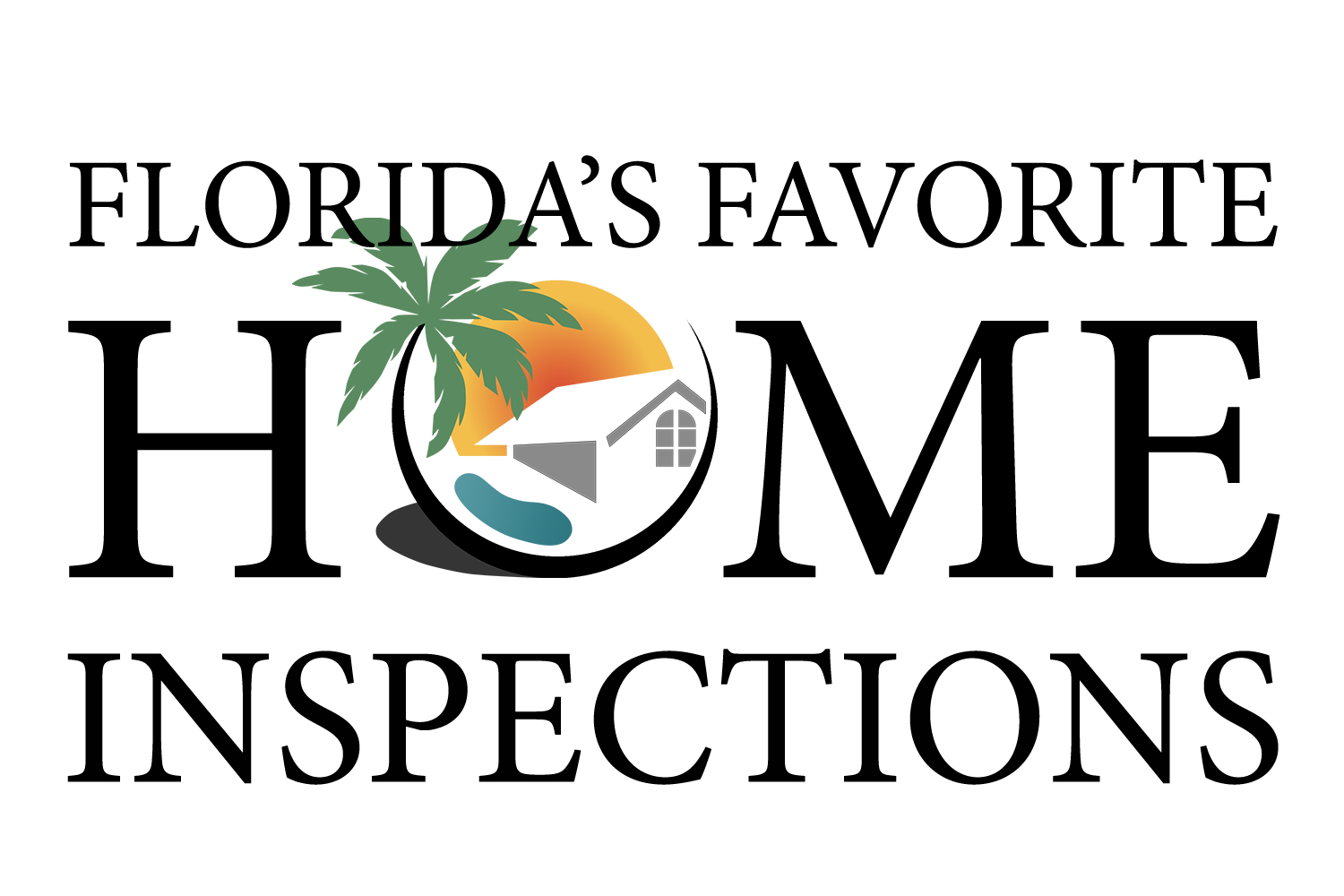
Insurance Inspections:
Wind Mitigations and 4-Point Inspections
Insurance inspections can save you money in the long run.
As a Floridian, a Wind Mitigation Insurance Inspection can help save you money on your homeowner’s insurance. A wind mitigation report helps your insurance company determine if the home is well protected against wind damage. In a 4-point report, we are certifying the components, that the four systems are in generally good working condition and fulfilling their intended function, and the life expectancy.
Wind Mitigation
If you live in Florida, high winds regularly cause property damage.
Legally, insurance providers in some states like Florida must offer credits and discounts on home insurance premiums for homeowners who take proper steps to protect their homes from wind damage. In Florida, these are referred to as “Wind Mitigation Credits.”
The majority of the cost of your home insurance policy in Florida may be due to the risk of wind damage. According to the Florida Division of Emergency Management, somewhere between 15-70% of the cost of your premiums can be linked to the risk of wind damage depending on your location, insurer, and other such details.
Therefore, showing your insurance company that you have had a wind mitigation inspection and that your home has been protected against wind damage can save you a lot of money each year – more than enough to pay for the cost of an inspection.
And don’t worry. There is no risk that your premiums will increase after a wind mitigation inspection. Your costs will never rise due to the results of your inspection, so it’s risk-free.
The savings can be up to 45% of the yearly premium and may also be retroactive. This can amount to thousands of dollars in savings. The windstorm discount has been available for years, unfortunately, too many homeowners are still unaware of it. The amount of the discount is determined by your roof and/or your window protection. First, call your insurance agent and find out if having a Windstorm Inspection will save you money.
Four-Point Insurance Inspection
If the home is an older home the insurance companies want to see that the systems have been updated.
Insurance companies have become increasingly reluctant to issue Homeowner Insurance Policies on older homes (usually 20 years old or more). Their common concern is that there may be conditions in an older home that could become a liability to them. For instance; a home with a roof nearing the end of its reliable service life may fail while under the policy and the homeowner may seek reimbursement from their insurance company for damages to the home or its contents. Similar concerns extend to the condition of the HVAC, electrical and plumbing systems in an older home. If these elements are in poor condition, in need of being updated or replaced or were improperly installed, they may fail and cause fire or water damage to a home. Newer homes are often assumed (by the insurance company) to not have these problems as frequently as older homes, though its always best to check with your insurance company.





